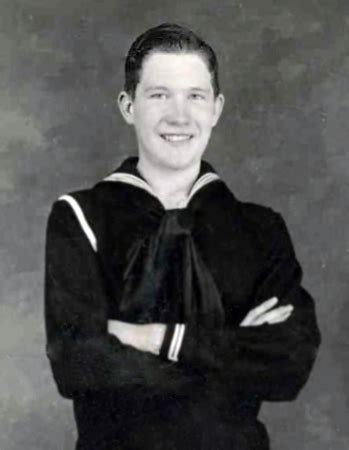A Quote by Clifford Geertz
I think the perception of there being a deep gulf between science and the humanities is false
Quote Topics
Related Quotes
What use could the humanities be in a digital age? University students focusing on the humanities may end up, at least in their parents' nightmares, as dog-walkers for those majoring in computer science. But, for me, the humanities are not only relevant but also give us a toolbox to think seriously about ourselves and the world.
Everything is humanities. The sciences are a form of the humanities. They involve traditions of inquiry; they involve social engagement with ideas. They do not happen with a naked brain going out and encountering a nonhuman world. And the better we understand ourselves, the better we can do science, as well. So I don't see them - the sciences and the humanities - as being at all different.
I think we've lost the idea that politicians are part of the humanities. And we think of them as part of a natural science tradition, and we don't expect them to have the contact with literature, with history, with the richness of descriptive language that the humanities have always stood for. And I think that's a great loss.
The relationship between science and the humanities is two-way. Science changes our view of the world and our place in it. In the other direction, the humanities provide the store of ideas and images and language available to us in understanding the world. The exploding star of A.D. 1054, the Crab Nebula, was sighted and documented by the Chinese, but nowhere mentioned in the West, where the Aristotelian notion of the immortality of stars still held sway. We often do not see what we do not expect to see.
Social science and humanities ... have a mutual contempt for one another, the former looking down on the latter as unscientific, the latter regarding the former as philistine. ... The difference comes down to the fact that social science really wants to be predictive, meaning that man is predictable, while the humanities say that he is not.
I have been induced to adopt this course by a desire that my readers should be taught to think as well as to experiment, and thus be qualified at an early part of their study to discriminate between the true and the false, and acquire the facts of the science without being mystified by its fictions.
Paradigms power perception and perceptions power emotions. Most emotions are responses to perception - what you think is true about a given situation. If your perception is false, then your emotional response to it will be false too. So check your perceptions, and beyond that check the truthfulness of your paradigms - what you believe. Just because you believe something firmly doesn't make it true. Be willing to reexamine what you believe.
We have hitherto considered only two possibilities: that the received opinion may be false, and some other opinion, consequently, true; or that, the received opinion being true, a conflict with the opposite error is essential to a clear apprehension and deep feeling of its truth. But there is a commoner case than either of these; when the conflicting doctrines, instead of being one true and the other false, share the truth between them.
The deep secret of the brain is that not only the spinal cord but the entire central nervous system works this way: internally generated activity is modulated by sensory input. In this view, the difference between being awake and being asleep is merely that the data coming in from the eyes anchors the perception.
I loved everything. I loved sciences and I loved humanities. But ultimately, I felt that in the humanities, you know, you're writing about things that already exist. But in the sciences, you're discovering things that no one has known before. Ultimately I chose psychology because it seemed to combine science with things that I liked to think about.




































